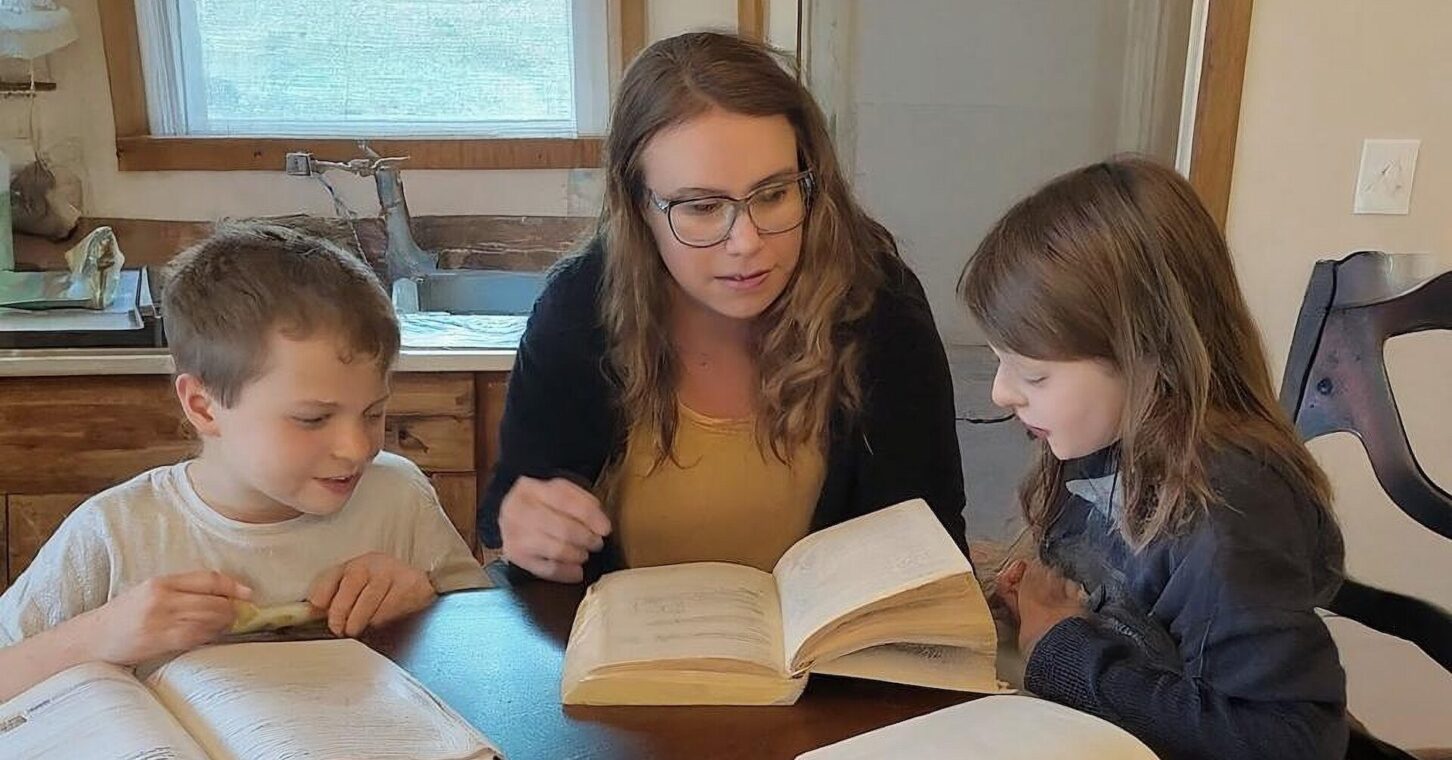
The Georgia Promise Scholarship Scholarship presents a unique opportunity for families in Georgia to customize their children’s education through state-funded educational savings accounts. You can even use the scholarship to homeschool, which is what we look at below.
Understanding the Eligibility Requirements
While we delve into more detail on the many eligibility requirements here, there are two main requirements to qualify for the program. To qualify, students must,
- Either be continuously enrolled in a Georgia public school for the past two enrollment periods (usually one year) or be a rising kindergartener.
- Live in areas served by schools ranked in the bottom 25% academically statewide.
That means your child would have to be entering kindergarten when applying for the program, or you would have to enroll in public school for one year to be eligible.
These requirements would, no doubt, bar most current homeschooling families from the program. However, for those that meet these criteria, the program can open doors to significant educational resources and opportunities.
How Homeschoolers Can Use the Funds
The state provides participants with $6,500 for a wide range of educational expenses which can significantly enhance a homeschooling program. Some of the key uses include:
- Curriculum and Supplemental Materials: Homeschoolers can purchase a comprehensive curriculum and necessary supplemental materials. This allows for a tailored educational experience that can be customized to meet the child’s specific learning needs and interests.
- Tutoring Services: The scholarship covers costs for tutoring services provided by educators certified by the Professional Standards Commission. This is particularly beneficial for subjects where parents might need additional expertise or for providing specialized instruction.
- Online Programs: Funds can be allocated towards online courses and programs, offering homeschoolers access to a broad range of subjects and advanced coursework that might be difficult to provide at home.
- Support for Specialized Needs: Homeschoolers can use the scholarship to cover therapeutic services. These include occupational, behavioral, physical or speech-language therapies provided by licensed professionals. This is especially valuable for children with specific educational or developmental needs, ensuring they receive the necessary support.
- Hybrid and microschools: While the law does not specifically mention hybrid or microschools, students may be able to use funds toward enrollment in these schools as long as they meet the eligibility requirements for private schools, which include accreditation from a recognized accrediting agency, among other items.
- Enrollment in CTAE, community college or postsecondary courses: The scholarship can also cover tuition and related costs for Career, Technical and Agricultural Education (CTAE) courses at eligible schools, community colleges or postsecondary educational institutions. This allows homeschooled students to complement their regular curriculum.
- Transportation: Additionally, the scholarship provides up to $500 per year for transportation costs using a fee-for-service transportation provider for transportation to or from a participating school or service provider.
The program also leaves open the possibility of other approved expenses on a case-by-case basis.
Will the government dictate your child’s education if you receive funds?
That’s an understandable concern of many parents who choose to homeschool. Let’s look at two key areas of potential concern and how the new law protects education freedom:
Parental Control Over What Students Learn
The text of the bill emphasizes the flexibility and control parents have over educational decisions.
There are some basic requirements to participate in the program. For example, parents must sign an agreement to “provide an education for the student in at least the subjects of reading, grammar, mathematics, social studies, and science.” That language is similar to current homeschool requirements for Georgia students. But beyond this, parents are given freedom over how these subjects are taught.
Overall, the program’s goal is to fund students while maintaining parental authority over how and what their children learn. There is no specific language in the bill that restricts or mandates the inclusion of religious or political views, thus safeguarding parents’ rights to include or omit such content if they choose.
In the case of schools, the law states that it “shall not require a participating school or service provider to alter such school’s or provider’s creed, practices, admission policies, employment policies, or curricula.” Homeschoolers can expect the same degree of freedom.
Annual Testing
The program requires participating students to take annual testing to help determine academic progress, specifically in math and language arts. At least three norm-referenced tests will be approved for this objective. Currently, Georgia homeschoolers are required to test every three years, beginning in third grade.
If you meet the eligibility requirements as a homeschooler in Georgia, you can take advantage of the Georgia Promise Scholarship.